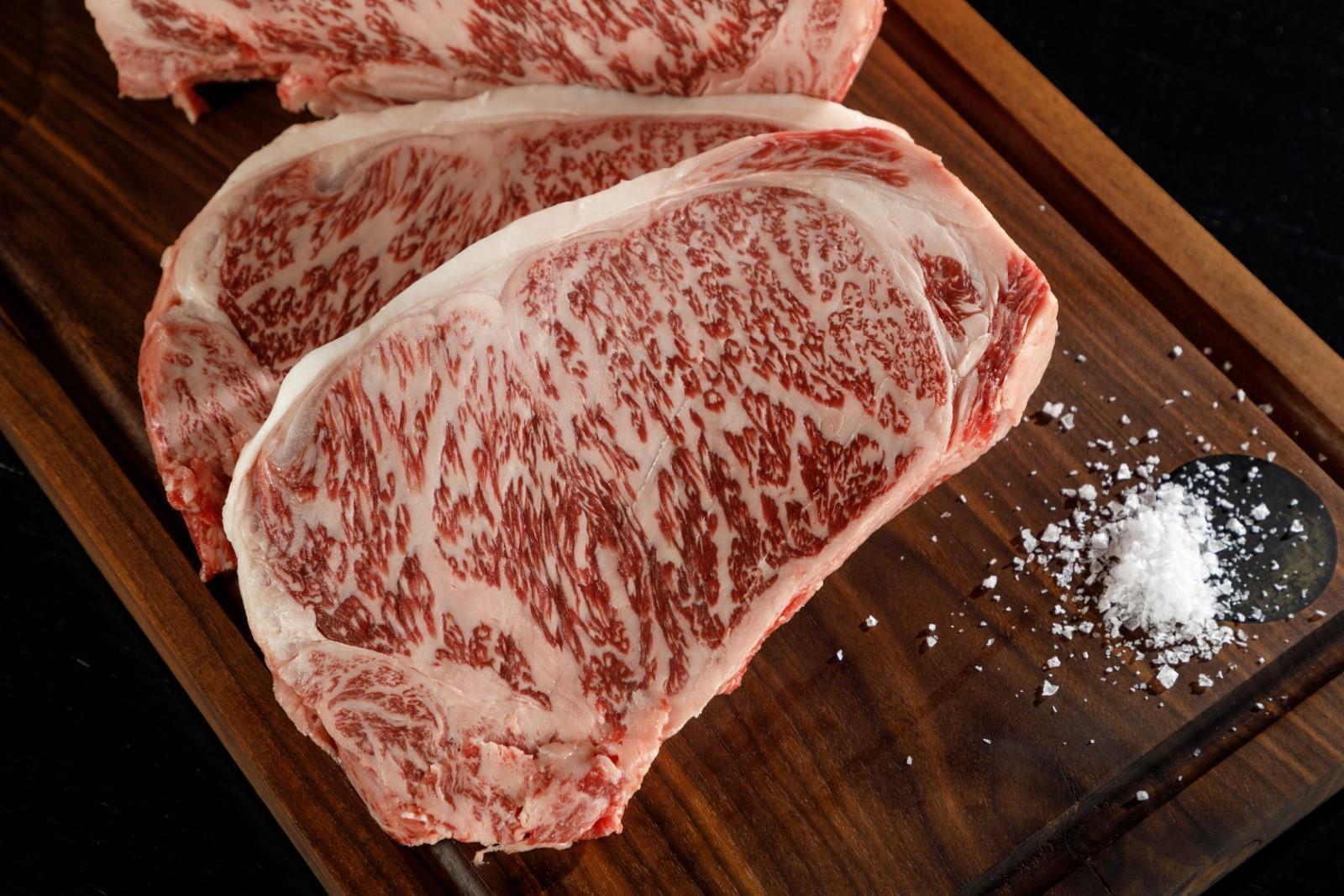Meatable, the food technology company developing cultivated meat using bit.bio’s groundbreaking cell technology has revealed photos of its cultivated pork sausages for the first time.
The cultivated meat – pork is the first, to be followed by beef – needs one single cell sample, taken harmlessly from an animal, to replicate the natural growth of muscle and fat to create real meat. In the last few months, huge steps have been taken by the team to create cultivated sausages which have the same structure, texture, glossiness, and pronounced pork flavour that customers know and love. The product even produces the signature sizzle in the pan.
Meatable was co-founded by bit. bio founder Dr Mark Kotter – the CEO of the Year in the 2022 Cambridge Independent Science & Technology Awards – and uses bit.bio’s opti-ox technology.
“Both Meatable and bit.bio is based on synthetic biology and our opti-ox technology has solved one of the major bottlenecks in the field — the ability to manufacture cells consistently, at scale,” says Dr Kotter.

Since launching in 2018, Meatable has been developing and refining its process to grow cultivated meat using opti-ox technology, without ever needing to use FBS (fetal bovine serum).
Krijn de Nood, co-founder and CEO of Meatable, said: “This is a truly exciting moment for the entire Meatable team. To be able to see and cook our sausages for the first time was an incredible experience especially as my co-founder Daan [Daan Luining, co-founder and CTO of Meatable] and I were able to finally have our first taste. This was particularly exhilarating as we know that all of our hard work over the past four years has been successful in creating a real meat sausage that is indistinguishable from traditional pork sausages.
“We believe that cultivated meat is the future of food – meat that will satisfy the world’s appetites but without harming the planet or animals in the process. We can’t wait to enable more people to taste Meatable meat on the next step of our journey to create the new natural meat.”

The company has been working closely with regulators in the Netherlands, where it is based, and hopes this will enable it to have its products widely on sale to consumers in 2025, “if not sooner”. Being in the Netherlands is an astute choice – Germans alone eat around 27 percent of the total volume of sausages consumed worldwide.
The product has divided opinions in the vegan community.
Cameron Ford, a carpenter based in Cambridge, says: “I’d like to know more about how it’s produced, it seems a roundabout way of producing food.

“It’s food grown in a lab, and the best food is grown in good healthy soil. At the end of the day, we’ve got to look after our planet, we can’t rely solely on technology as a way out of our troubles.”
The case for cultivated meat is only going to get stronger, however – studies have shown that cultivated meat could reduce the meat industry’s environmental impact by up to 92 percent. With 14 percent of the world’s global emissions caused by the farmed meat industry, Meatable believes cultivated meat will be essential to combating climate change and creating a healthier planet.









